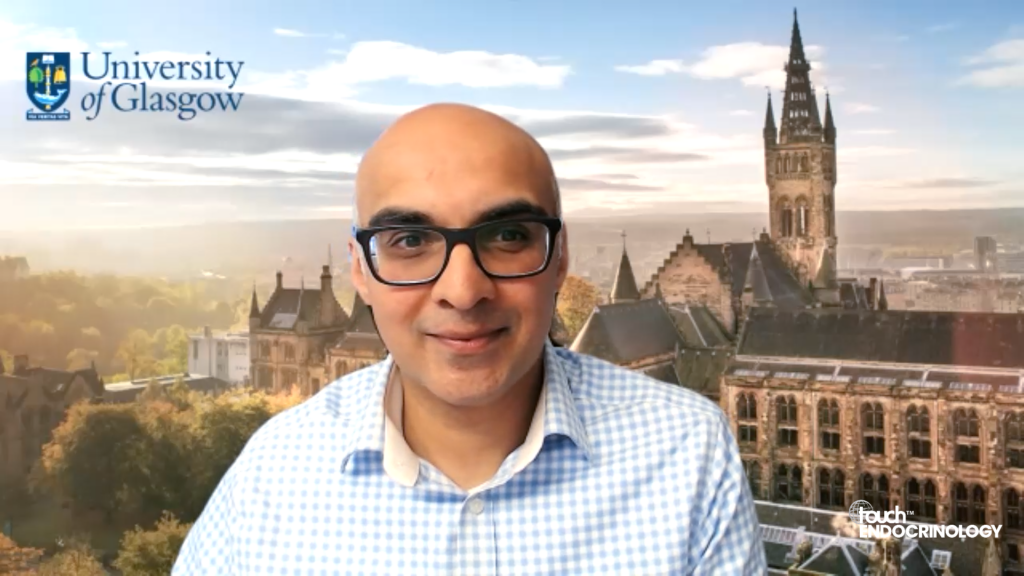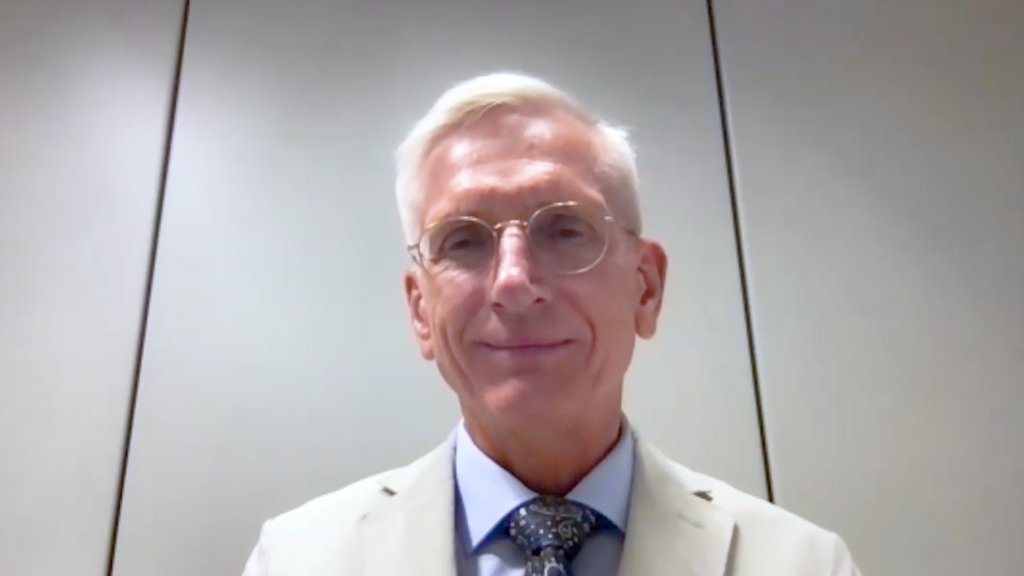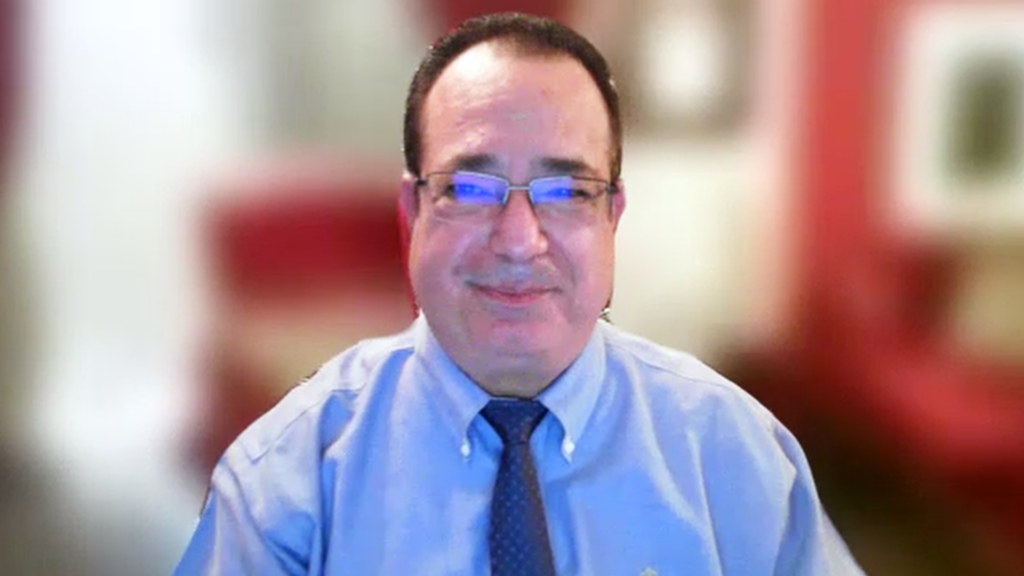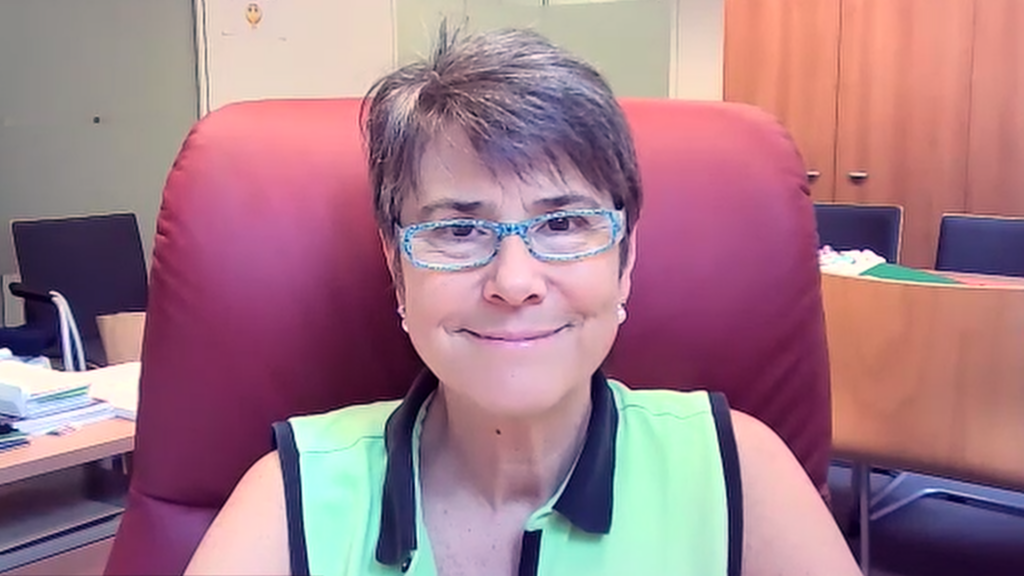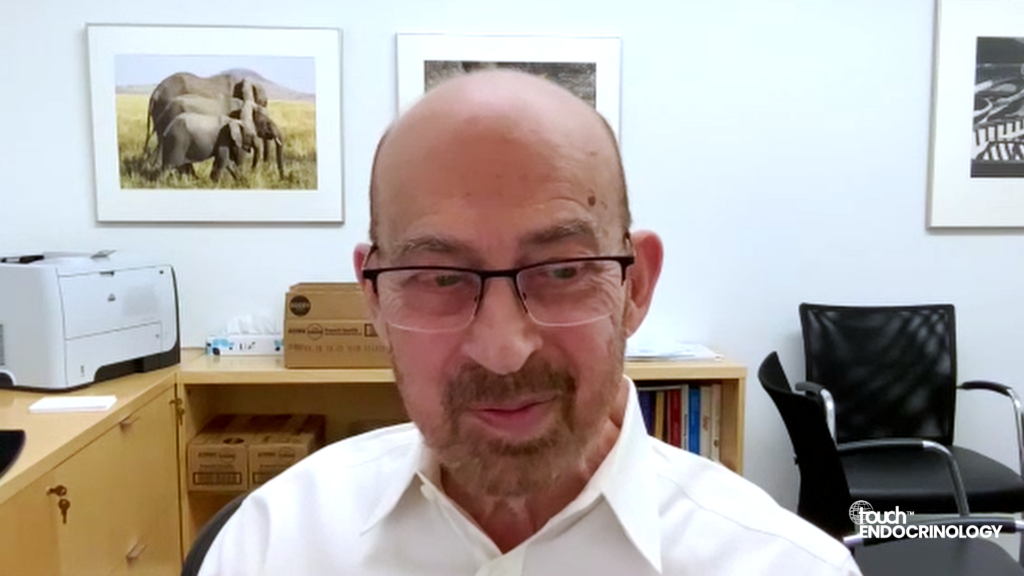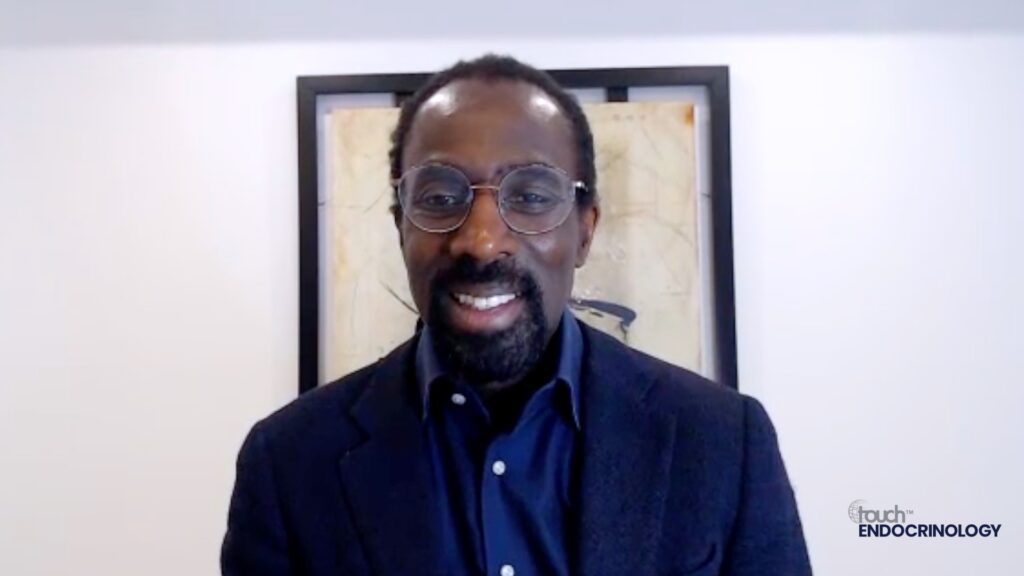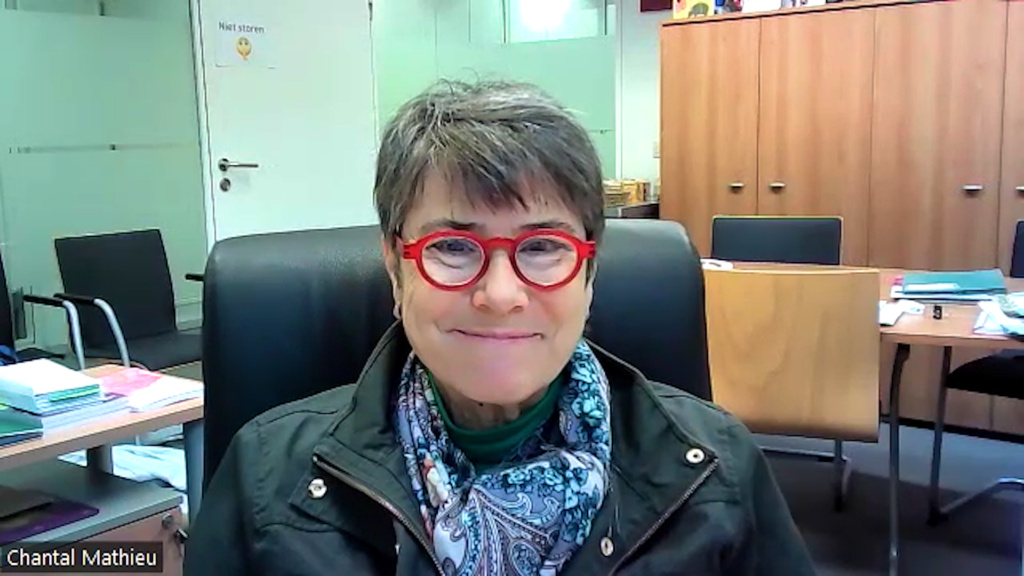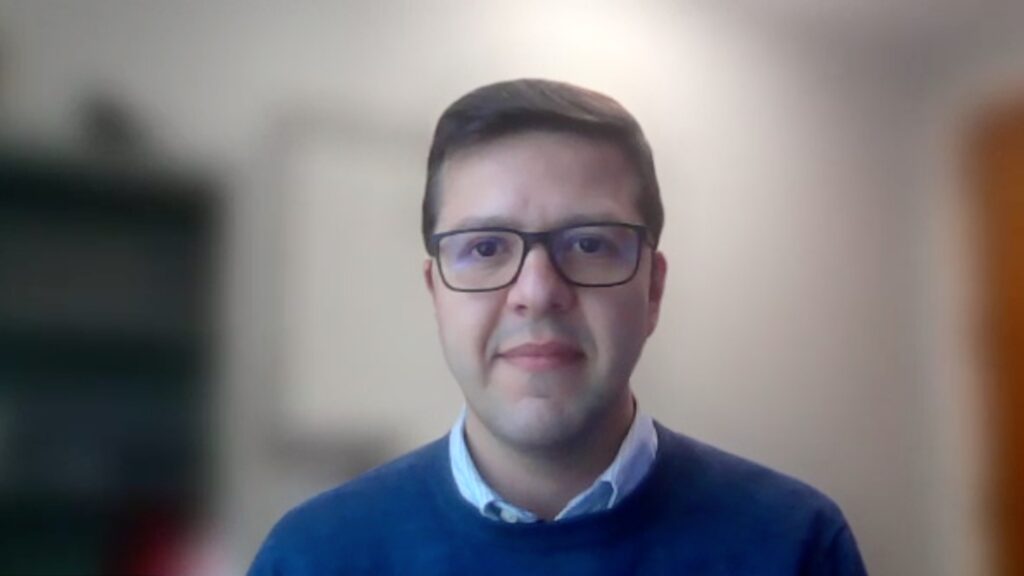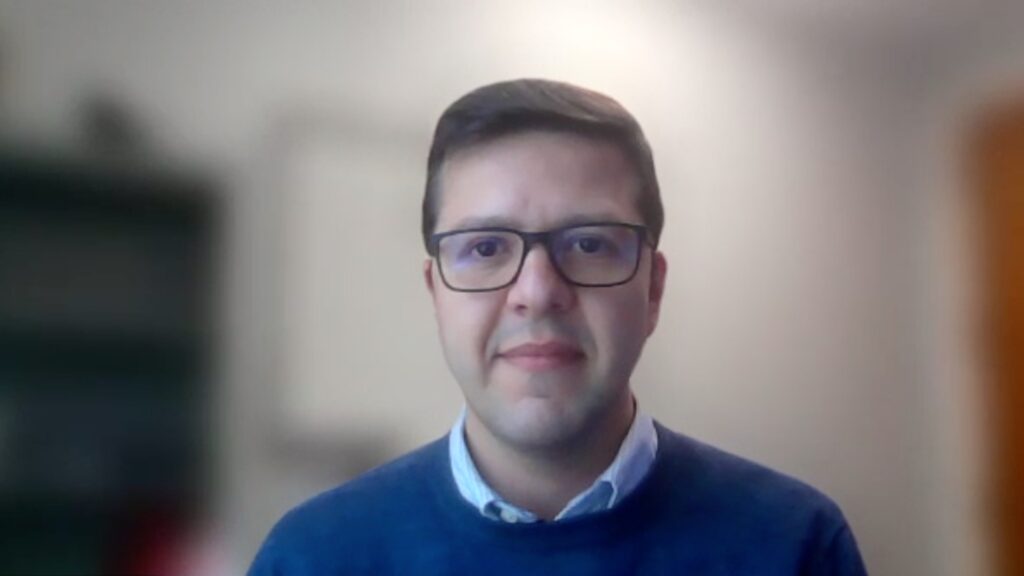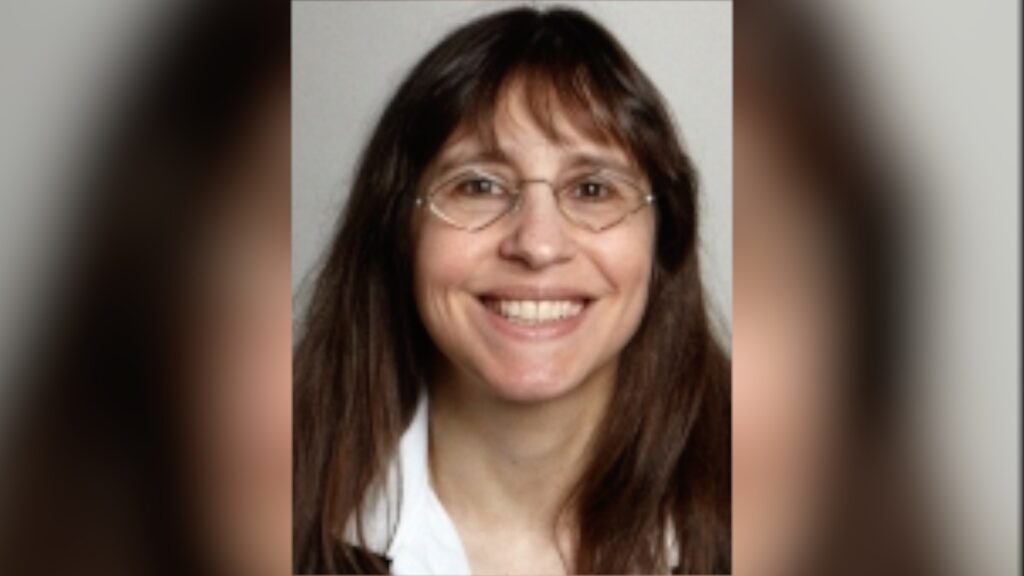Self-monitoring of blood glucose (SMBG) is a well established and a highly valuable approach for the daily management of type 2 diabetes. In addition, it has been demonstrated to be a beneficial approach for the achievement of long-term glycemic management in patients with type 2 diabetes. In this touchENDOCRINOLOGY interview, Dr Michelle Magee (MedStar Washington Hospital Center, Washington, DC, USA) discusses the role of SMBG in type 2 diabetes as well as the clinical evidence supporting its use. Dr Magee also discusses how remote monitoring technology optimises the use of SMBG and gives a brief overview of hybrid systems using SMBG.
The abstract entitled: ‘The Role of Self-Monitoring of Blood Glucose in Diagnosing Hypoglycemia’ was presented at the 22nd Annual Diabetes Technology Meeting, 03-05 Nov, 2022.
Questions:
- What is the role of traditional self-monitoring of blood glucose (SMBG) in type 2 diabetes? (0:20)
- What are the major reasons for therapeutic inertia in type 2 diabetes? (0:55)
- What clinical evidence supports the use of SMBG? (2:03)
- How has remote monitoring technology optimised the use of SMBG? (3:07)
- Could you give us a brief overview of hybrid systems using SMBG? (3:48)
Disclosures: Michelle Magee discloses grant/research support from Uluru and NovoNordisk.
Support: Interview supported by Touch Medical Media. Interview conducted by Shanice Allen.
Recorded as a highlight of DTM 2022


